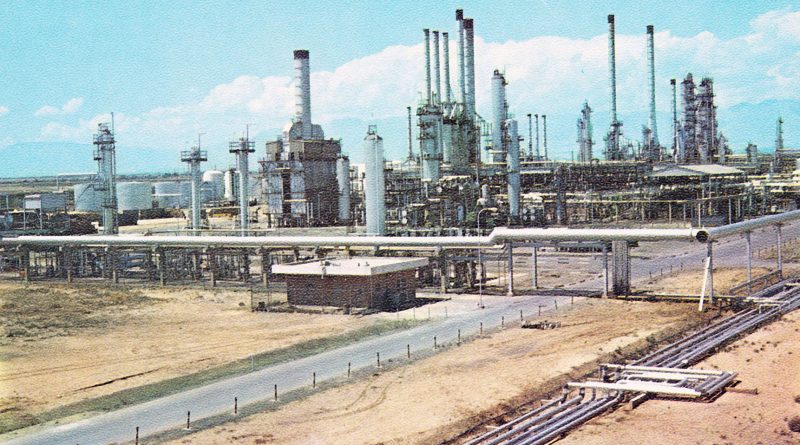OPEC Plus Deal Ends Oil Price War
Mark Gorman
Staff Writer
The Organization of the Petroleum Exporting Countries (OPEC) and other involved nations, collectively known as OPEC+, have come to an agreement where every oil-producing nation will cut production. This came as OPEC failed to reach to a deal at the end of March, in which Russia and Saudi Arabia flooded the market with oil during a time of low-demand because of global COVID-19 response.
For the last month, Russia and Saudi Arabia have been in the midst of a war over the price of oil. According to Foreign Policy, Russia and OPEC nations got together in early March to discuss a plan to cut production to slow the fall of oil prices. Moscow left the negotiations refusing to sign onto the proposed cuts and instead increased oil production. In response, Saudi Arabia did the same, while cutting prices. As both nations rely heavily on oil revenue, this has become a game of chicken on the national level with both nations hoping the other would concede. Russia’s goal was to kill off American shale oil industry once and for all, while Saudi Arabia’s goal was to get Russia back to the negotiating table.
What neither side predicted was how damaging COVID-19 would be to oil prices. With minimal international and domestic travel, oil is at a historically low demand. As pointed out by Radio Free Europe Radio Liberty, oil prices decreased to the point that oil from the Urals were selling at around $10 a barrel, when $40 a barrel is needed to keep Russia’s budget balanced. This forced Russia back to the table and was one factor in getting the deal OPEC recently agreed to.
BBC reports that the terms of the deal are that OPEC+ would cut production of oil by 10 million barrels a day until July, with other nations cutting production by an additional 5 million barrels, then from July through the end of the year, reducing the cuts to 8 million barrels a day, and then reducing the cuts to 6 million barrels a day until April 2022. The hope is that cuts in production will buoy the prices and ensure that the oil market does not collapse.
Of the OPEC+ nations who signed on to this, Mexico was the last holdout. Initially resistant to the deal, Mexico eventually agreed to a compromise where they would cut production by 100,000 barrels a day while the United States would cut an additional 250,000 barrels a day, reports CNN. When President Trump was asked about this, he was light on the details, but said that a deal had been made with Mexico.
As important as it is that a deal has been reached, The Economist notes that there are issues with the deal. The first is that the math doesn’t add up, as global demand could fall as much as 29 million barrels a day this month. Another is that there are many private companies involved in oil production and sales which have no obligation to cut production beyond their personal interests, some of whom operate most of America’s oil fields, meaning that the U.S. has little say over private oil production. The last issue pointed out is that even when COVID-19 passes, many people and nations may rethink having an economy based on fossil fuels as many jobs are shifted to the home and far fewer people are traveling.



